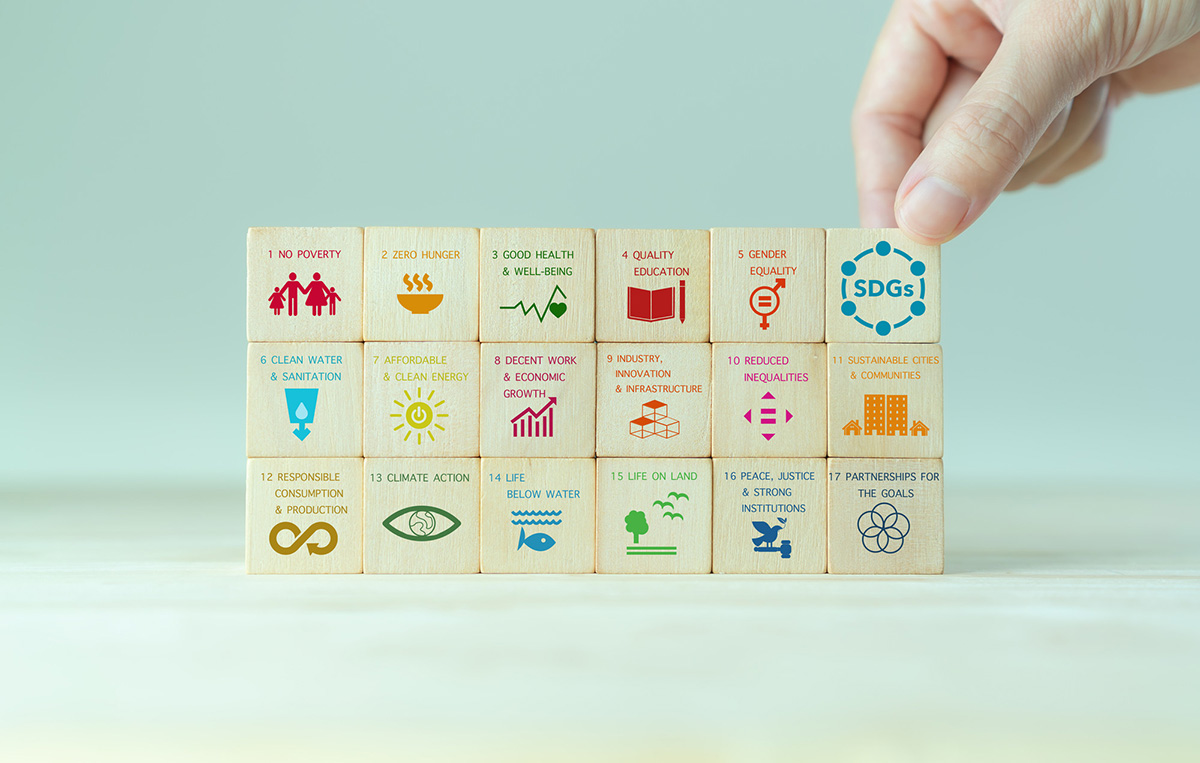India on Sunday began the process of handing over the G20 presidency to Brazil after a successful stint that culminated in an unprecedented joint declaration, with Prime Minister Narendra Modi calling for a new global structure to reflect a changed world; new frameworks to govern artificial intelligence (AI), regulate cryptocurrencies, and ensure cybersecurity; the reform of multilateral development banks (MDBs); and the need to ensure sustainability as the top issues that the world must address.
On the concluding day of the G20 Summit, Modi handed over the ceremonial gavel to Brazil’s President Luiz Inacio Lula da Silva, whose country will take over the presidency on December 1. But in order to review the progress made on the declaration, Modi called for a final virtual summit of leaders in November.
“We will fully support Brazil and believe that under its leadership, G20 will move forward towards our common objectives,” Modi said. He added that all leaders had put forward their views, given suggestions and offered proposals in the past two days. “It is our responsibility that we review the suggestions and find ways to give them momentum.” The November virtual summit will review these subjects, Modi said.
On Day 1, in a departure from the norm, the Indian Presidency succeeded in delivering the New Delhi Declaration, which found a way to reconcile the global geopolitical divide on Ukraine and address a range of priority issues, including growth, climate, sustainable development goals (SDGs), debt crisis, digital transformation, women-led development and reform of MDBs.
The second day began with a powerful symbolic act.
All G20 leaders walked into Rajghat together in the morning to pay tribute to Mahatma Gandhi. The moment reflected the central challenge of the times given that several countries represented in the group are at war with each other either directly or indirectly or share extremely uneasy ties and regularly practice the cynical art of realpolitik, but also nurture an aspiration for a more peaceful future based on truth and non-violence, the Mahatma’s core values.
This symbolism was then combined with substance, with leaders making their way to the Bharat Mandapam for the final session of the summit on the theme of “One Future”, to outline challenges that crossed borders and thus required cross-border solutions.
Modi set the tone for the session, by speaking of the need to think of a future that went beyond the idea of a “global village” to a “global family”, based on not just an interest-based convergence but also deeper emotional connect and where a GDP-centric approach gives way to a “human-centric approach”.
But giving this soaring rhetoric more tangible shape, Modi spoke of the Indian example and its willingness to share this experience in a wide variety of domains for global good.
This, he said, can be seen in India offering to share data from the Chandrayaan mission with the world or its unique digital public infrastructure (DPI), which had enabled last-mile delivery, now finding its way in a G20 framework on DPI, the adoption of G20 principles on harnessing data for development, and launch of the Data for Development Capacity Building Initiative.
Offering his suggestions on issues that can now constitute the future global agenda, Modi said, “My advice is that we should now prepare a framework for responsible human-centric AI governance. In this regard, India will offer its suggestions and we will attempt to ensure that all countries can benefit from AI in the domains of socioeconomic development, global workforce and research and development.”
Modi also identified cybersecurity and cryptocurrency as challenges. “Cryptocurrency has become a new issue in areas that affects social order, monetary and financial stability. We will have to develop global standards to regulate cryptocurrencies. We have the Basel standards on bank regulation as a model and must take concrete steps in this direction as soon as possible.”
He also said the world needs a global framework on cybersecurity given that the cyber domain is giving rise to new forms of terrorism and funding. “This is critical for security and prosperity of each country.” It is only if the security and sensitivity of each country is kept in mind that the spirit of the “one future” be strengthened, he added.
The next set of issues Modi identified as critical for the future revolved around reshaping global institutions to reflect contemporary realities and he offered the example of the UN Security Council. “When the UN was set up, the world was very different from the world of today. At that time, the UN had 51 founding members. Today, the UN’s membership includes close to 200 countries. Despite this, the number of UNSC permanent members has remained the same. The world of today is different and be it transport or communication, health of education, every sector has transformed completely. These new realities must get reflected in a new global structure.”
Modi said that it is a rule of nature that the relevance of a person or an institution is contingent on changing with the times. “We will have to think, with an open mind, why is it that there are so many regional forums that have arisen and even shown their effectiveness. Today, every global institution, to increase its relevance, must reform.” It was with this approach that India, he said, took the lead in including African Union as a permanent member of the G20 in the summit.
In a similar vein, Modi spoke about the need to expand the mandate of the multilateral development banks. “We must take both immediate and effective decisions in this direction.” A changing world, Modi said, also needed sustainability and stability. “Let us vow today that we will take the issue of green development pact, the action plan on SDGs, the high level principles on anti-corruption, DPI, and MDB reforms from conception to conclusion.”
Commenting on the significance of the Delhi Declaration and the future agenda laid out by Modi, Samir Saran, the president of the Observer Research Foundation and chair of the Think20 secretariat during the Indian Presidency, said, “The New Delhi Leaders’ Declaration is the political and intellectual successor to the 2009 Pittsburgh G20 summit outcomes, which brought the world out of a deep crisis and forged a suitable multilateral economic framework. The Delhi declaration advances that by a generation, and is easily the most substantial document on multilateral governance to come out in the past decade.”
Saran added that its “focus on SDGs, technology, development and climate finance, women-led development, reformed multilateralism, and serving the next seven billion people on the planet” made it critical in shaping the progress in this century.
Credit:Source link



